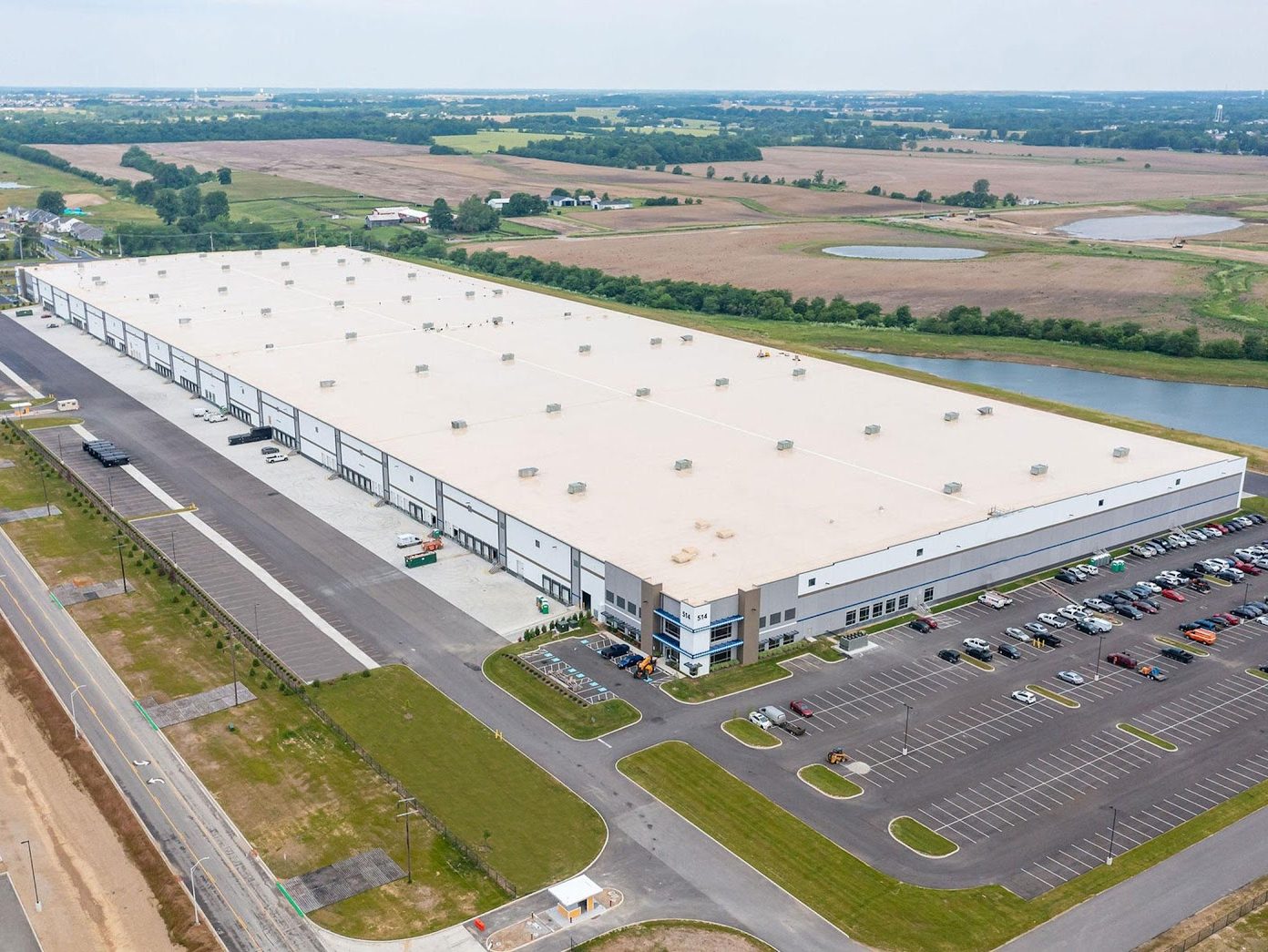Millennials vs. CRE: What to Expect
Melissa Reagen, head of research for TH Real Estate, discussed with CPE about Millennials’ impact on commercial real estate and how their housing preferences are changing.
By Adina Marcut
A TH Real Estate report shows that Millennials, the largest generation on record, has had a significant impact on commercial real estate during the current economic cycle. This includes shaping trends such as developers’ move towards smaller rental units in urbanized locations, the boom in creative office spaces, demand for highly amenitized student housing communities and “last mile” industrial to facilitate same day delivery .
The same report predicts that Millennials living in major cities will move from core submarkets to the suburbs. At the same time, cities like Charleston, S.C., Raleigh, N.C., and Salt Lake City will experience an influx of Millennials looking for high-quality jobs and a lower cost of living, Melissa Reagen, head of research for TH Real Estate, told Commercial Property Executive. In the interview below, she also outlines how Millennials’ real estate preferences differ when it comes to specific age groups.
How are Millennials moving towards suburban submarkets impacting the office business?
Reagen: Suburban office markets could benefit from Millennials moving to the suburbs. Our view is that many Millennials living in the suburbs will want an easy commute, which means they may want to work in the suburbs in addition to living there. This could increase the demand for suburban office space and it could go through a renaissance so to speak. Very expensive coastal suburban office markets are most likely to see the greatest benefit as Millennials with families are priced out of urban rentals in these cities and are forced to move to the suburbs.
The majority of Millennials who do opt for homeownership buy single-family homes. Will we see a decline in multifamily housing demand?
Reagen: The homeownership rate among Millennials is still low (roughly 35 percent) and is down from its peak 12 years ago. That said, some of the older Millennials will start to purchase homes as they get married and have families. But this is all matter of numbers. There are 80 million Millennials of which 50 million are considered young Millennials (those aged 19-29) and there are 30 million older Millennials (those aged 30-36).
We don’t believe many of the younger ones will buy homes for another 7-10+ years. And we estimate only around one third of the older Millennials or 10 million Millennials will buy homes. The other 20 million older Millennials will continue to rent until they come of age and there are a whole host of Millennials that cannot afford to buy a home. Overall, there will be on the margin more Millennials buying homes but that should not impact the demand for multifamily housing given that nearly 70 of the 80 million Millennials will continue to rent.
What are the top three cities to watch so far?
Reagen: Charleston, S.C., Raleigh, N.C., and Salt Lake City are the top cities to watch. In many ways, Millennials have already made their impact felt on these cities with their downtowns becoming completely revitalized in the last 10-15 years due to an influx of Millennials. These cities offer young Millennials a high quality of life, affordability and jobs.
In our view, these three factors will drive young Millennials to such locations. These cities have an above-the-national-average amount of technology jobs, which young Millennials tend to find attractive. Charleston is known as Silicon Harbor and Salt Lake City is known as Silicon Slopes. Boeing generated a large amount of jobs in Charleston.
What are the main aspects that Millennials are looking for when it comes to housing?
Reagen: Millennials are looking for affordability, an easy commute, and a high quality of life—whether that be in the city or suburbs. We don’t believe that Millennials are as different from Gen Z or the Baby Boomers as they want to believe. Many Millennials will still marry and start families but at a much later age in life.
In terms of a high-quality of life, this is where Millennials distinguish themselves from previous generations. They tend to want higher-quality food, whether that be from a grocery store or restaurant and tend to focus more on experiences rather than material goods.
How will Generation Z influence the commercial real estate in the next years?
Reagen: This is unclear right now because Gen Z is currently ages 0-18 years, so their preferences are difficult to determine. Our guess is that they may continue to prefer renting in urban areas for longer just like Millennials, but want a different set of amenities in those urban apartments—more communal space and less living space.
Image courtesy of TH Real Estate









You must be logged in to post a comment.